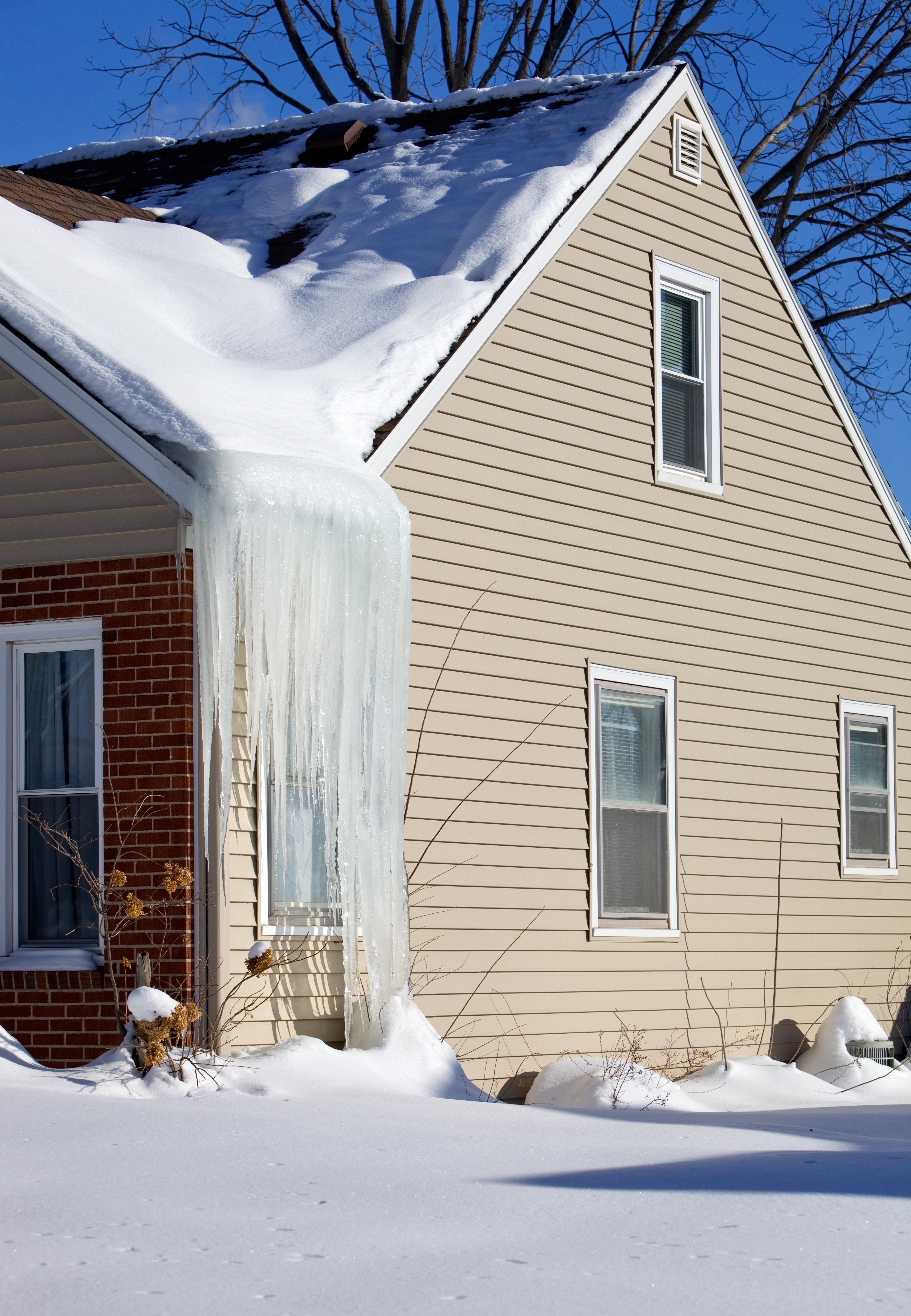Civil engineers and structural engineers bring different approaches to the investigation. All structural engineers are civil engineers, but not all civil engineers are structural engineers.
Civil engineering is a discipline that deals with the design, construction, and maintenance of the physical and naturally built environment. This can include works like roads, bridges, canals, dams, and buildings. Civil engineering is a bachelor’s degree program offered in colleges and universities. A civil engineer could select a structural track in undergraduate studies or pursue postgraduate studies to specialize as a structural engineer.
Both types of engineers are involved in the construction process which includes checking project submittals, answering contractor questions and visiting the construction site. In addition to their involvement with the construction process, structural engineers are trained to understand and calculate the stability, strength, and rigidity of built structures.
One example to consider is a roof or floor deck collapse in a building. In this case, a civil engineer can determine if the deck was properly constructed following the appropriate and accepted practices and codes, and if the structure was properly maintained. A structural engineer can do those things as well but can also determine if the deck was properly designed. Structural engineers consider the building materials used for the project (concrete, steel and/or timber) and determine if the building material can sustain the anticipated loading for the geographic area in which the structure is constructed.
Cases and claims involving structures such as decks and balconies, roofs, towers, and bridges should include structural engineers in the investigation. Simplify the search for the right expert and contact CED to find Civil Engineers and Structural Engineers. See our full list of engineers here.
Click Here to Submit an Inquiry for a Claim or Case.






